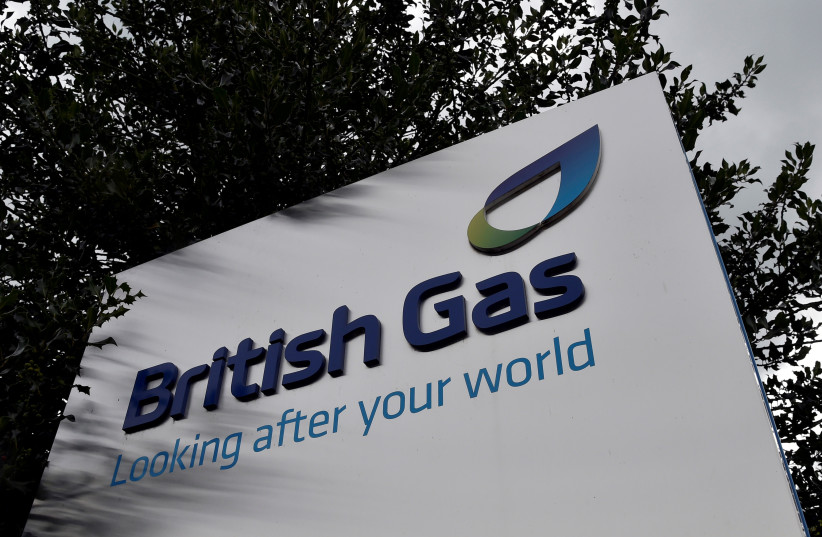Pension funds for British Gas workers were used in 2019 to buy a stake in the NSO Group, known for its Pegasus spyware, the Financial Times reported on Sunday.
The retirement investment fund of Centrica, parent company of British Gas, was one of the biggest contributors for a billion pound fund used to buy a stake in the Israeli cyberweapon company.
Centrica provided pension funds to a private equity fund raised by Novalpina Capital, a firm established in 2017 by Stephen Peel, Stefan Kowski and Bastian Lueken that owns a 70% stake in NSO.
Centrica has a seat on a committee of Novalpina's biggest investors, with each investor contributing at least tens of millions of euros, two people with knowledge of the matter told the Financial Times.
Amnesty International wrote letters to Alaska Permanent Fund Corps, Oregon Public Employees Retirement System, East Riding Pension Fund and South Yorkshire Pensions Authority in October stating that the companies were directly linked to human rights abuse through their stakes in Novalpina, which backed a buyout of the NSO Group.

The letters referenced the Pegasus Project, an investigation conducted by over 80 journalists in 10 countries that uncovered how NSO Group's targeted digital surveillance tools were used by states to threaten individuals' human rights, including physical safety.
Amnesty International had contacted these companies in April concerning their stake in Novalpina, but had not received adequate responses, the letters said.
Israeli business daily Calcalist recently reported that Israel Police had used NSO's Pegasus spyware to hack the phones of Israeli citizens, including mayors, leaders of protests against former prime minister Benjamin Netanyahu, former government employees and a person close to a senior politician. The hacking was done without a warrant or court supervision.
Israel Police officials have denied the allegations, saying that advanced technological tools are only used with court approval and only in serious cases.
NSO made a general denial of having violated any laws, but it generally fell back on its standard statement that it cannot reveal who its clients are and is not responsible for their conduct.
In November, the US Commerce Department added NSO Group to its blacklist for engaging in “activities that are contrary to the national security or foreign policy interests of the United States.”
The US State Department said the companies trafficked in cyber tools used to gain unauthorized access to computer networks – though it later added that it will not sanction NSO in any way, despite it being on the blacklist, and will not take any actions against any of the companies’ host governments.
NSO is currently going through the roughest period of its corporate existence. In addition to being blacklisted by the US, the Israeli Defense Ministry is limiting it and other cyber offense firms’ future clientele. This has increased predictions that the company will not be able to pay off its loans amid new weekly negative reports hammering its reputation.
Despite the coverage, NSO maintains that the vast majority of its activities have included thwarting terrorist attacks in Europe and elsewhere on behalf of governments that have positive relations with Israel.
Yonah Jeremy Bob and Reuters contributed to this report.
